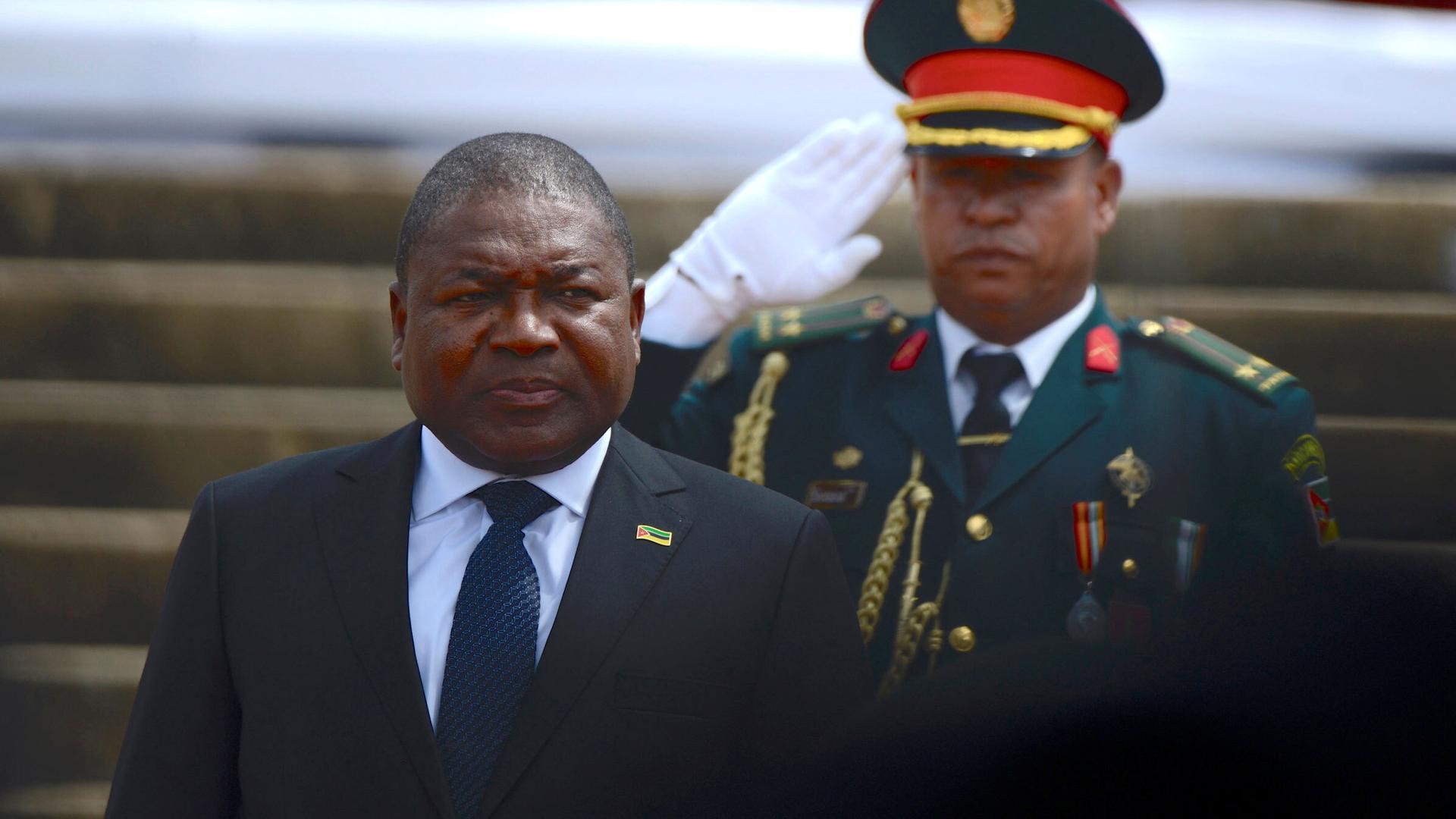A recent attack on the town of Mocímboa da Praia has raised concerns about a growing Islamist insurgency in northern Mozambique.
Last week, armed militants stormed the town and temporarily seized a major port from authorities, according to local media Zitamar.
“This is worrisome because it suggests the government has lost control in terms of its handling of the crisis.”
“This is worrisome because it suggests the government has lost control in terms of its handling of the crisis,” said Martin Ewi, regional South Africa coordinator at the Institute for Security Studies in neighboring South Africa.
Related: Documenting ISIS’ crimes is daunting. Coronavirus makes it harder.
Mozambique’s Minister of Defense Jaime Neto said the attackers had attacked the village from the inside, killing civilians and damaging the nearby port.
The insurgents, sometimes called al-Sunna wa Jama’a, have ramped up attacks in the northern province of Cabo Delgado this year, displacing thousands of people and prompting some nongovernmental organizations to suspend activities in certain areas.
“[Cabo Delgado residents] were expelled from their land. The money they were paid for it wasn’t what they were expecting. Or what they wanted.”
Yussuf Adam, a historian of Cabo Delgado, says the ambitions of the group remain unclear, and their origins are complex.
“When they started, basically they were youth who didn’t work. They sold [items] in the markets,” said Adam, noting the high unemployment rate of about 17% among a large youth population.
Displacement by oil and mining corporations in the past two decades could also be a contributing factor.
“[Cabo Delgado residents] were expelled from their land. The money they were paid for it wasn’t what they were expecting. Or what they wanted,” Adam explained.
In recent years, the group has become a well-armed insurgency, stealing equipment from Mozambican military forces after attacks.
Now, there are growing concerns about the group’s apparent ties with ISIS.
Related: ‘ISIS is going to come back’ says former defense secretary
“We are concerned with it because we do believe that there is a local issue there, a local grievance that is now being leveraged by Islamic State in particular.”
“We are concerned with it because we do believe that there is a local issue there, a local grievance that is now being leveraged by Islamic State in particular,” said Major Gen. Dagvin Anderson, commander of US Operations Command Africa, during a press conference on Aug. 4.
“The reason we believe that is we have seen them, over the last 12 to 18 months, develop in their capabilities, become more aggressive, and use techniques and procedures that are common in other parts of the world,” Anderson continued.
While the extent of the connection between ISIS and al-Sunna remains unclear, experts like Ewi say the insurgency in northern Mozambique is an international crisis requiring international support.
Related: The State Dept. nears a deal over 1998 terrorism victims
“The way it is going now it could become a regional crisis that will affect other countries in Southern Africa,” Ewi said.
On Monday, Southern African Development Community (SADC), now chaired by Mozambique, said it would support Mozambique in “addressing the terrorism and violent attacks.”
Mozambique has tried to stem the insurgency with military force, barring access to parts of Cabo Delgado, and restricting access to journalists and researchers.
Human rights activists have criticized the heavy-handed response and accused government security forces of abusing and summarily killing suspected insurgents.
Abuse by military and security forces during counterterrorism operations has been a persistent problem in other parts of Africa.
“Respect for human rights needs to be a core part of the strategy,” Ewi argued. “If we don’t go in there to protect human rights, there’s going to be a heavy backlash.”
